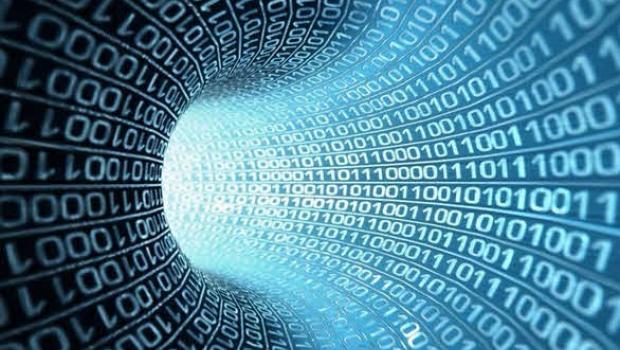Organic Semiconductor Optoelectronics
Organic Semiconductor Optoelectronics
Recent advances in nanoscience, two-dimensional materials, photonics and the applications as well as our understanding of the physics of carbon-based materials open exciting opportunities for multi-disciplinary applied (chemical/biological sensors, optical-sources, photovoltaics) and fundamental physical research. Of particular interest, are self-assembled materials such as liquid crystals, that form functional phases, driven solely by intermolecular interactions. In our group, we are looking to understand the physics of liquid-crystal based supramolecular formation, in particular physical-gels. Simultaneously, the application of these materials in dye sensitized solar cells is also under investigation. Furthermore, we are interested in two-dimensional materials, and are looking to develop generic physical models that describe the interaction between a two-dimensional material and a thick-layer of a functional material on its surface. The theoretical work is complemented by experiments we perform on the interaction of p-type and n-type doped liquid crystalline phases with graphene.

